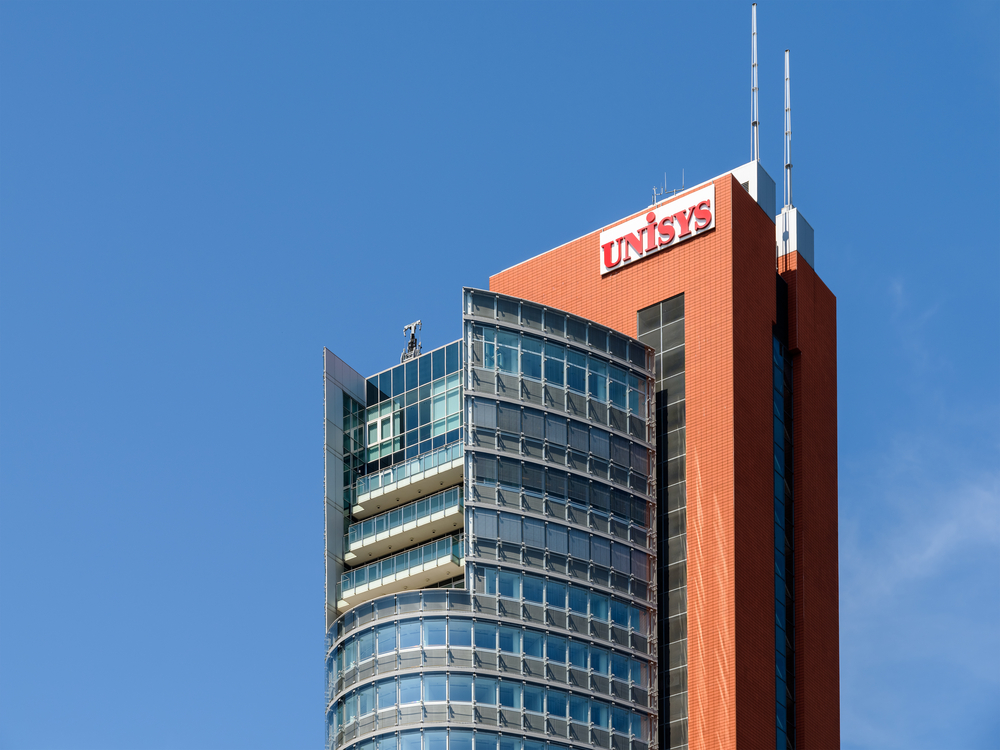
Unisys Corp. was recently awarded a contract by U.S. Customs and Border Protection (CBP) to help the agency continue achieving its dual mission of facilitating the free travel of people through U.S. borders quickly while maintaining strong security.
Unisys will modernize the agency’s technology for identifying people and vehicles entering and exiting the United States.
“The mission of CBP, and what they trust us to do, is to be very nimble and flexible when responding to threats that can change daily or when national or global events occur,” Amy Rall, group vice president for the Department of Homeland Security practice at Unisys Federal, said in an interview with Homeland Preparedness News.
“That is an ever-present challenge for them and the technology has to be able to adjust quickly.”
The new Integrated Traveler Initiatives contract represents the next phase of CBP’s Land Border Integration project, which was awarded to Unisys in 2010. The company will work with the Department of Homeland Security’s CBP to update border security systems and to develop technology to meet new requirements at the border.
“There are local border towns that have commerce needs and we want to help travelers have a positive experience coming into the United States, which is a mission goal of CBP,” Rall said.
“But there is also obviously a security challenge as well. So we are always looking for opportunities to make borders more secure and to provide better technology and solutions to do that while being cost effective and not creating long lines at the border,” she added.
Along the U.S. Southwest border, for instance, a system of gates, mobile handheld devices and radio frequency identification technology processes pedestrians crossing the U.S.-Mexico border by collecting their biometric and biographic data before they reach the border control officer.
Unisys has worked with CBP under its previous contract to secure the nation’s ports of entry by using automated license plate reader technology to screen vehicles crossing the border, and radio frequency identification technology to confirm citizenship and identity of travelers.
Unisys is also supporting technology that reads license plates of outbound vehicles, and the company is also implementing technology for additional outbound lanes for CBP. As many ports of entry are redesigned by CBP, Rall said opportunities exist to make the flow of lines work more efficiently.
Unisys maintains the vehicular and border security clearance solutions to about 150 sites on the U.S. borders with Mexico and Canada, with a combined total of more than 600 lanes.
The company also provides technical solutions to more than 100 of the world’s busiest airports, and processes nearly a third of all passenger traffic.
Earlier this year, Unisys implemented its facial recognition system at John F. Kennedy International Airport to help CBP identify imposters trying to enter the United States using fake passports.
The technology lets officers scan and display biographic and biometric information from travelers’ passports while a camera captures their live facial image. The live image can then be compared to the image on the passport.




